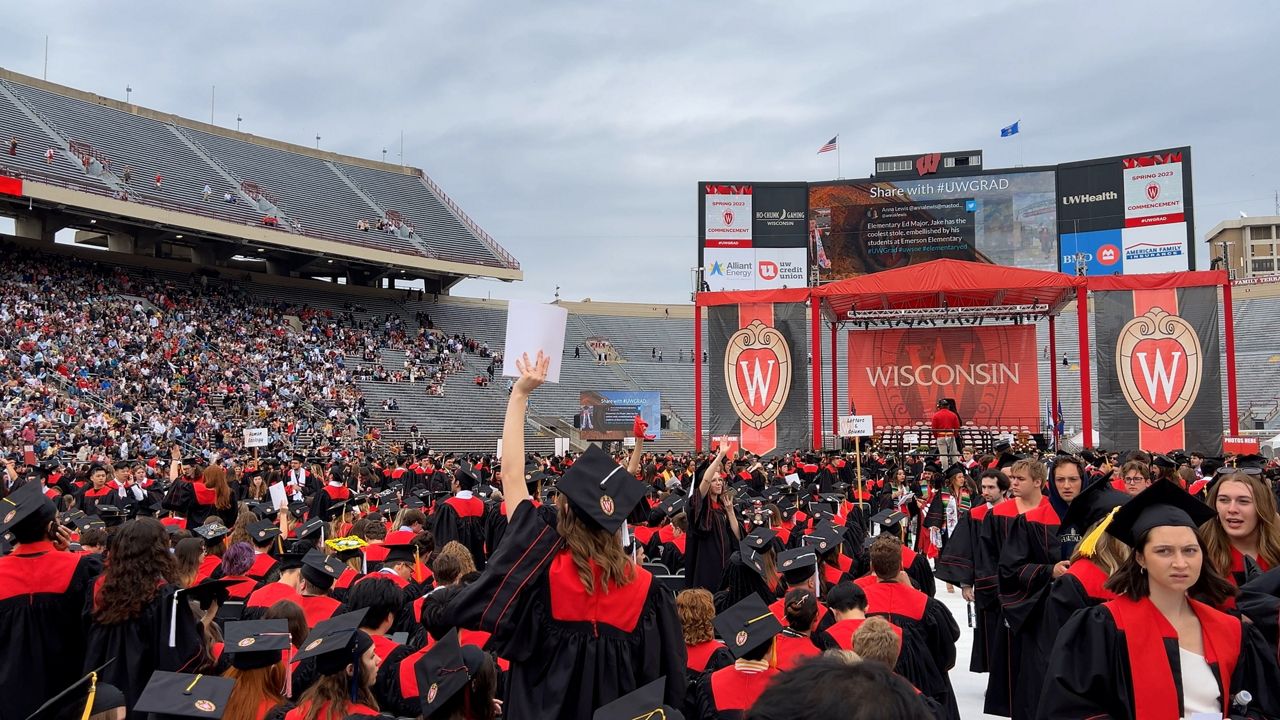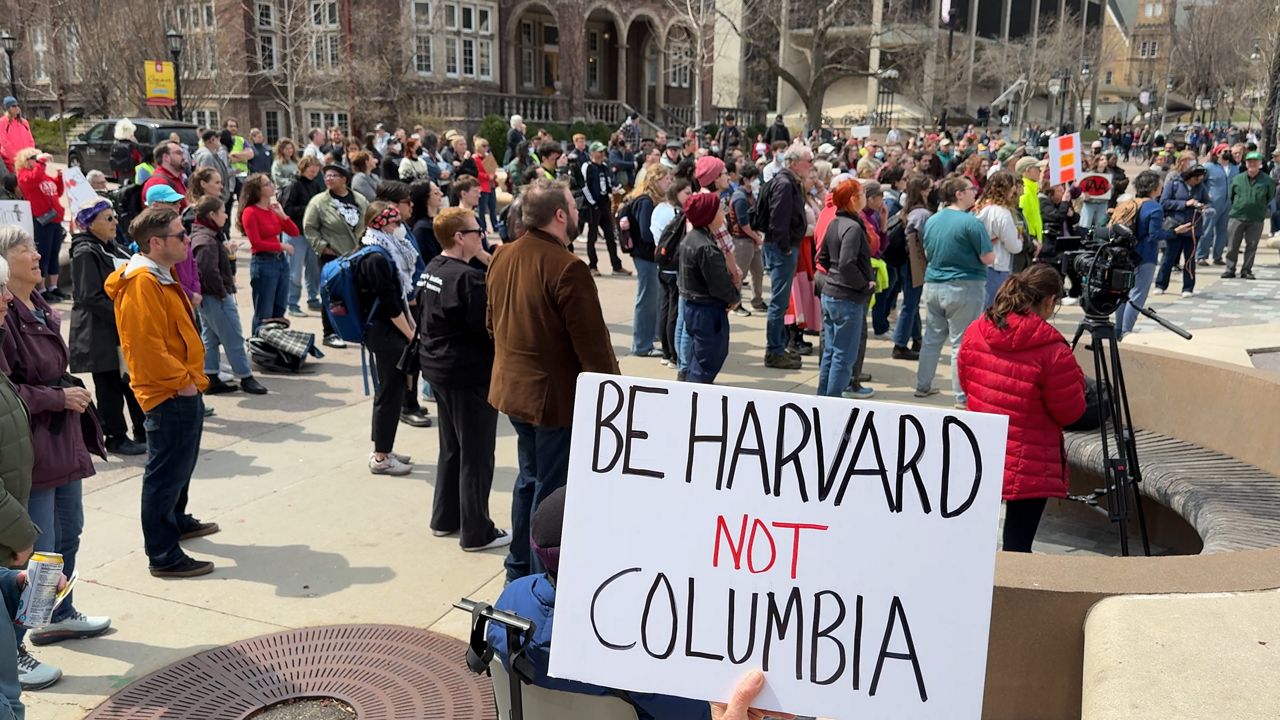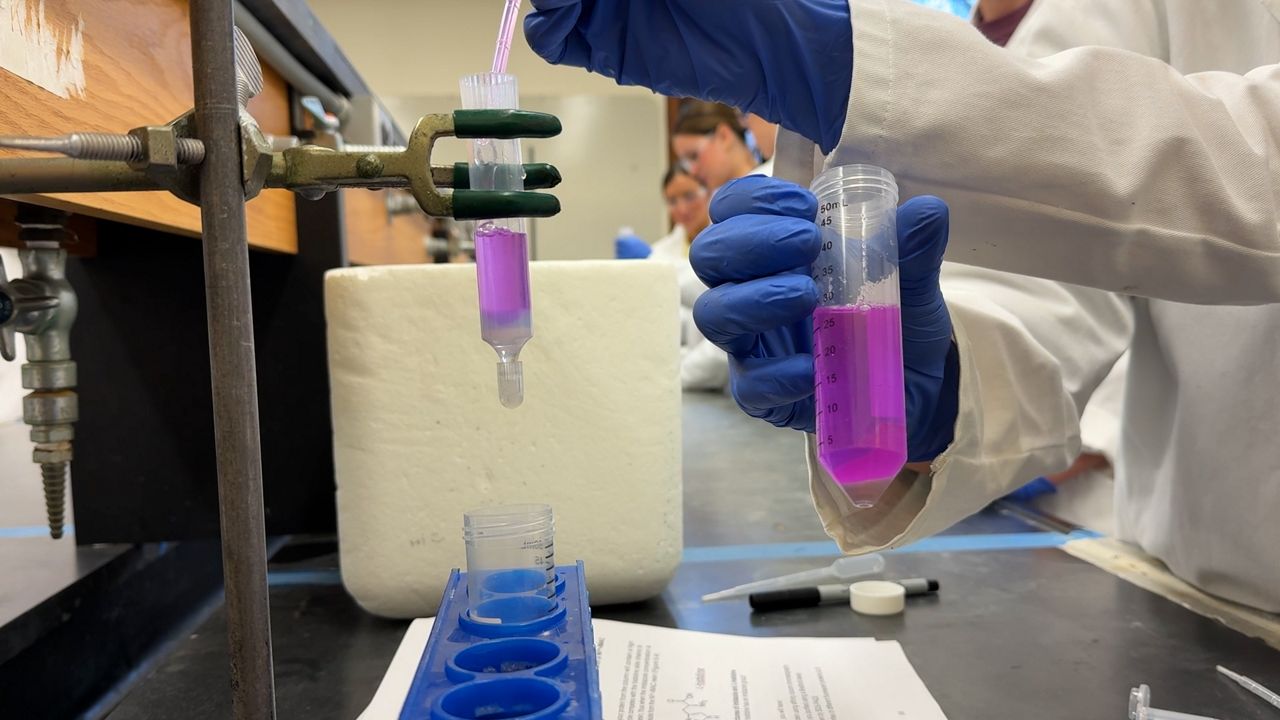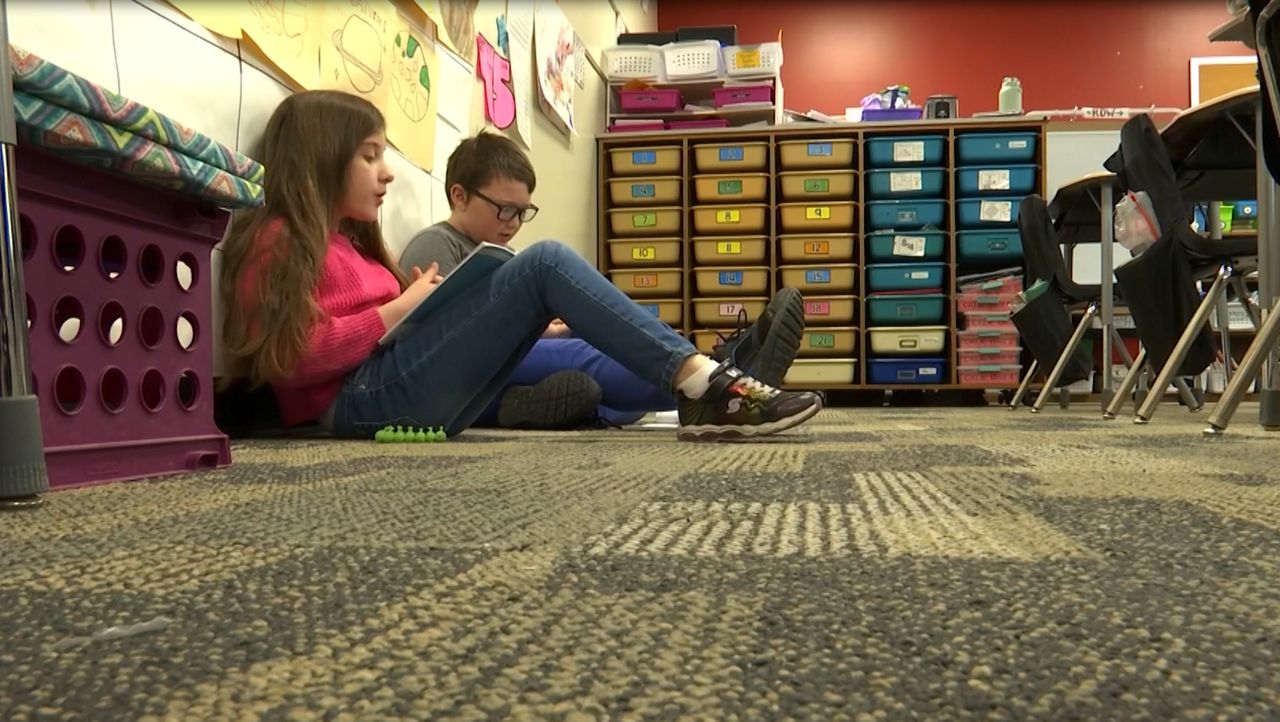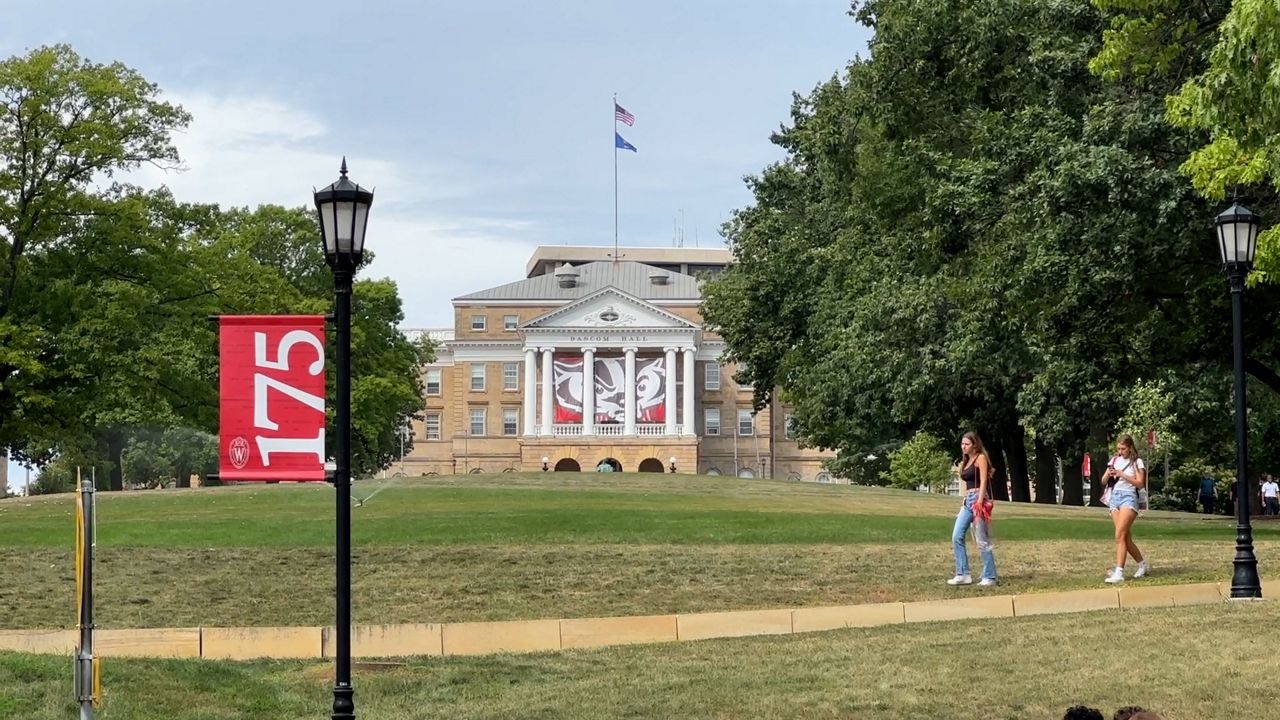MADISON, Wis. (AP) — Universities of Wisconsin leaders approved pay raises Monday for more than half of the system's chancellors, annual bonuses for chancellors that retain freshmen students and six-figure payouts to UW-Madison Chancellor Jennifer Mnookin every year she stays at the flagship university.
The regents approved the new pay structure on a voice vote. UW system spokesperson Mark Pitsch said the raises are designed to retain top leaders and make Mnookin's compensation more competitive with peer Big 10 universities.
“Losing talent is much more expensive than rewarding it, and that is how these chancellor compensation packages are structured," Pitsch said in a statement.
The regents approved basic wage increases totaling $155,201 for eight of the system's 13 chancellors. Mnookin will get the largest raise at 10%, bumping her salary from $811,512 annually to $892,663.
UW-Green Bay's Michael Alexander, UW-Platteville's Tammy Evetovich, UW-Stevens Point's Thomas Gibson and UW-Whitewater's Corey King each will get a 5% raise. UW-Parkside's Lynn Akey, UW-Stout's Katherine Frank and UW-Superior's Renee Wachter will each get 2% raises.
UW-Milwaukee's Mark Mone, who announced he'll resign next summer, and UW-La Crosse's James Beeby, who just took over as chancellor this month, didn't receive raises. Neither did UW-Eau Claire's James Schmidt, UW-Oshkosh's Andrew Leavitt and UW-River Falls' Maria Gallo.
Asked why those chancellors didn't get raises, Pitsch said in an email that the ones who got bumps were in line for salary increases to catch up to peers. He didn't immediately respond to a follow-up email asking again why the five chancellors didn't receive such a raise.
Also included in the new pay plan are bonuses of up to 15% of their salary for chancellors who hit goals for retaining freshmen into their sophomore year. This year's goals will be set following the release of enrollment numbers after the first 10 days of the fall semester.
Mnookin won't be eligible for the retention bonus. Instead, she'll earn tens of thousands of dollars simply for working at UW-Madison. She'll get $150,000 if she stays at the school through mid-2025 and $50,000 more each year she stays beyond that, with the plan maxing out at $350,000 in the 2028-2029 fiscal year.
The raises come as the system grapples with financial problems brought on largely by declining enrollment and relatively flat state aid. UW officials have closed or announced plans to close six two-year branch campuses around the state since 2023.
Regents raised tuition by 4% heading into the last academic year after a 10-year freeze on increases. Still, six of the 13 four-year schools are projected to face deficits over the coming academic year and ten faced deficits last year.
Democratic Gov. Tony Evers has said he plans to ask the Legislature for $800 million for the system in his next budget and Pitsch said regents will seek pay raises for all UW employees through that budget. The request will be finalized at the regents' August meeting.
If Republicans maintain control of both the Assembly and Senate in this fall's elections, it's almost certain they won't give the system that much money, however.
Aides for John Jagler, the Republican chair of the state Senate's education committee, didn't immediately respond to an email Monday evening seeking comment on the raises. An email to Steve Knudson, an aide to Dave Murphy, the GOP chair of the Assembly's universities committee, was met with an automatic response saying he was out of the office until July 22.
Mike Mikalsen, an aide to Republican state Sen. Steve Nass, a longtime UW critic, didn't immediately respond to a message.





